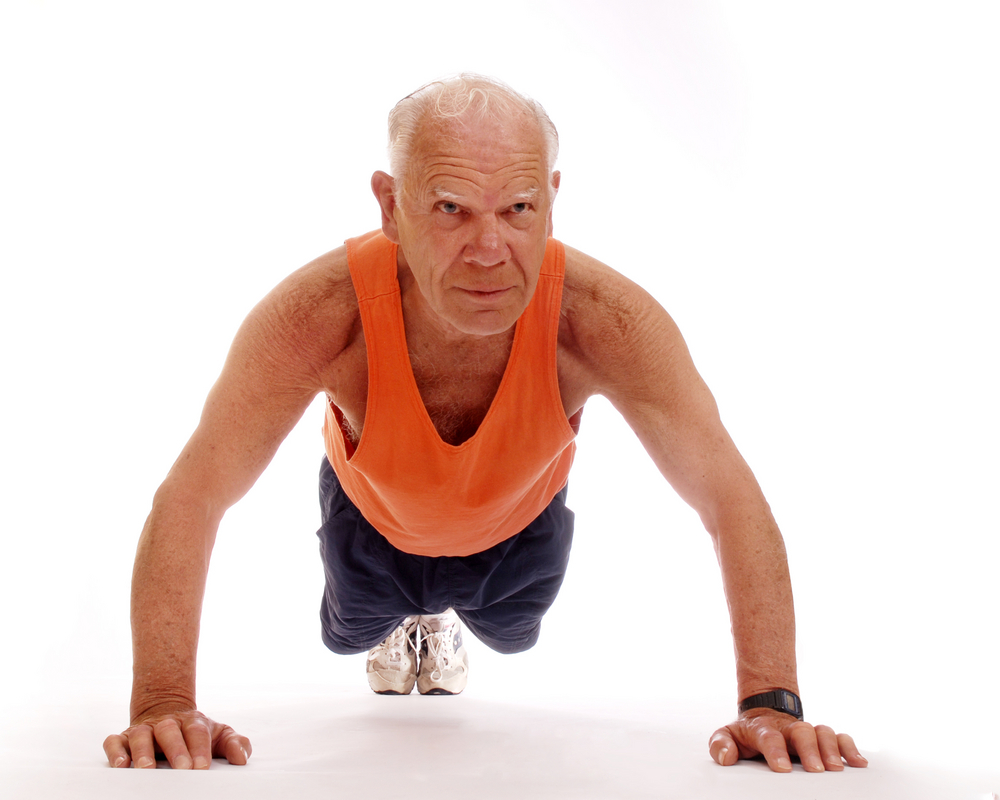I think it’s probably true to say that the older people get, the less they believe that making some supposedly healthy change to their lifestyle will make a significant difference to their health and wellbeing. If you’ve eaten a particular way for 80 years, I reckon it can be hard for some people to image eating a different way is going to matter much in the grand scheme of things. Similarly with exercise.
I don’t deny that, on the whole, the responses one sees to diet and lifestyle change in, say, 80-year-olds are, overall, slower than those seen in a bunch of 18-year-olds. However, I also know that very significant benefits can be had in the elderly with the right approach. I was thinking about this while reading a study published this week which tested the impact of exercise in a group of individuals aged 61-89, some of whom were officially described a ‘frail’ [1]. Half of the group engaged in regular exercise, while the other half did not.
The exercise programme consisted of 1-hour sessions, three times a week for a total of 12 weeks. Each session included 10 minutes of warm-up exercises (stretching and balancing), 10–30 minutes of aerobic exercise (using treadmills, recumbent bikes and elliptical machines), 10 minutes of strength training, rounded off with 10 minutes of cool down exercises. The intensity and duration of the aerobic exercises were increased over time in response to the participants perceived exertion.
Those who engaged in the exercise programme showed significant improvement in physical capacity (functional capacity and physical endurance), cognitive functioning and quality of life physical health). Benefits were seen in frail and non-frail participants alike. The conclusion from the authors was that “Physical exercise training leads to improved cognitive functioning and psychological well-being in frail older adults.”
This is an encouraging finding I think, but I wonder how many older individuals, especially frail ones, will have access to regular group exercise sessions. My sense is that any investment made in this area would pay back handsomely in terms of improved health and wellbeing. It’s probably never too early to incorporate some physical exercise into one’s life. This latest research suggests that it’s probably never too late, either.
References:
1. Langlois F, et al. Benefits of Physical Exercise Training on Cognition and Quality of Life in Frail Older Adults. J Gerontol B Psychol Sci Soc Sci. 2012 Aug 28. [Epub ahead of print]
